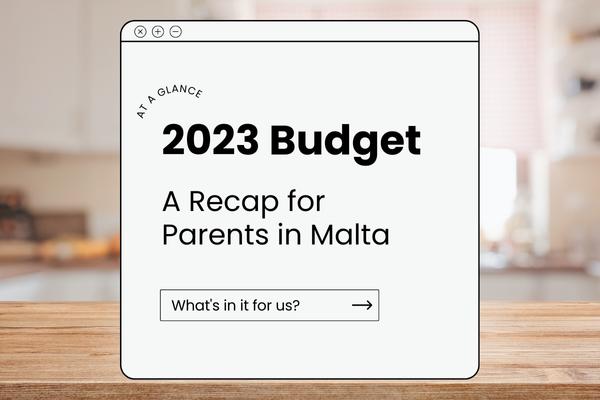The global pandemic has certainly lasted longer than most of us had hoped for, and many of us are concerned about potential Covid-related anxiety in our children and the effects that the ongoing restrictions may have on their mental health and confidence.
Generally speaking, most of the focus so far has been on primary and secondary school children, investing in online learning and lessons in hygiene, mask-wearing and social distancing. But, when it comes to younger children of day-care age, there hasn’t been as much information or guidance.
We spoke with child and adolescent psychotherapist, Claire Francica, to find out what actions we can take as parents to help children of all ages navigate through this uncertain time smoothly, and with as little emotional disruption as possible.
1. Designate areas of play at home
To protect infants and toddlers, day-care centres are commonly placing children in smaller bubbles so that they can no longer mix freely with all of the other children. In terms of physical safety, this is recommended, however children of that age have not developed enough cognitive ability to understand the concept of sudden segregation, especially when it is only enforced at day-care and not at home or in the park.
Even without a pandemic, the best medium for children to understand any abstract concept is through play. So, in order to help them normalise the notion of boundaries, parents can introduce designated areas of play at home, with each area used for specific activities.
It is important that the parent participates in play in these areas. So, for example you may set up a good-sized playmat in the corner of the living room and introduce “fun time” whereby you spend 30 minutes playing with the child on the mat, reminding them whenever they move outside the boundaries that “the mat is the space for playing during fun time” and gently guiding them back.
This consistency between the day-care and home environment will help them understand the concept of boundaries in a comfortable and familiar way without having to instil fear or confusion in the child in order to communicate it.
2. Maintain a routine
When it comes to changes in the world around them, the best way to reduce anxiety in children is to normalise these changes. So, as tempting as it may be to throw your routine out the window during this unpredictable time, it can actually do more harm than good.
For example, parents might worry about whether to send their kids back to school when they reopen, but unless they are vulnerable or have health issues, returning them to school is the best way to give them the comforting predictability of a routine.
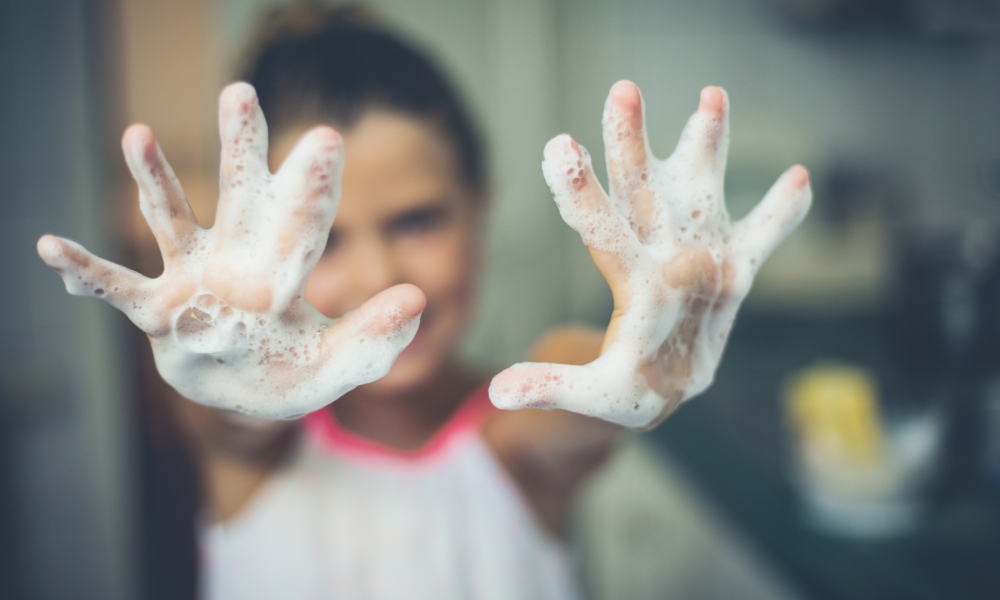
Encouraging ritualistic behaviour can also help. All of these “Wash your hands!” adverts and posters we see everywhere with pictures of a spiky alien-like virus could be a bit scary and sensational to younger children, but if you enforce hand-washing at home without a fuss, then it doesn’t seem so dramatic; when you’re finished from play, you wash your hands, before you eat, you wash your hands, etc. Then, when they are asked to do it at day-care, it’s no big deal because it’s already part of their everyday routine.
3. Don’t assume that they understand
A child might be able to tell you that they have to wear a mask in order to prevent the virus from spreading, but that doesn’t necessarily mean they understand why or how a mask will help prevent the virus from spreading. The best way to find out how much they understand about Covid and all that it entails is simply to ask them.
Even as adults we appreciate that the more we know about something, the less scary it becomes. This is the same for children, they just need more of a spoon-fed explanation since the world is still a new place for them.
4. Relate the virus to real-life experiences
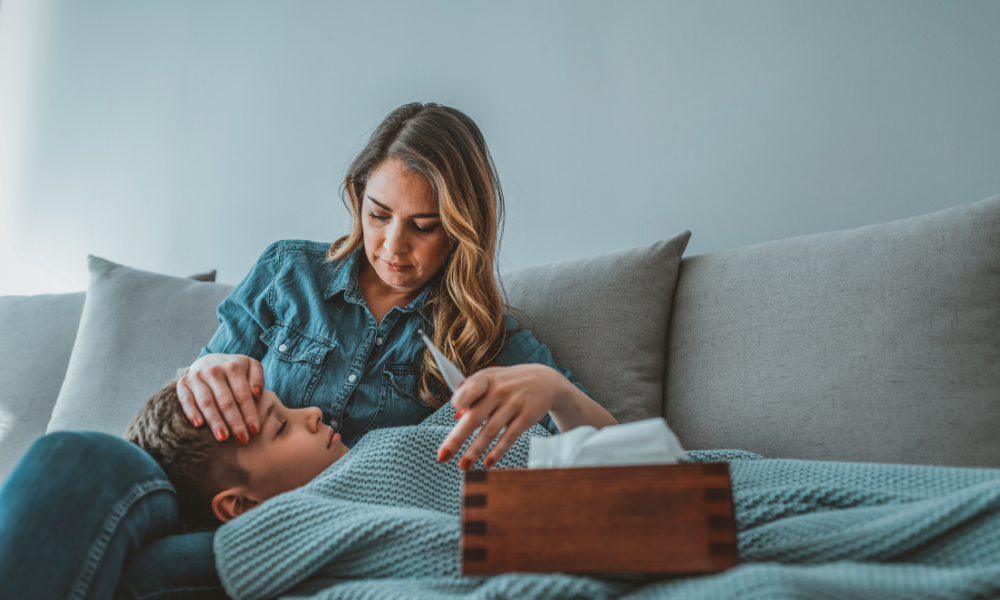
If you are unsure how to talk to your child about Covid without scaring them, the best approach is to relate it to a genuine illness they have had in the past. A high temperature and diarrhoea are two of the most relatable concepts for children because, as opposed to an abstract notion, they are physical feelings that they actually remember, therefore it’s a clear way for them to understand what an illness is.
So, you can say, “Remember when you had that fever and felt poorly? This virus is like that, but because it’s a new virus, we aren’t quite sure how it will make people feel so it’s better that we stop it from coming in our bodies until we know more about it.”
5. Empower your child to face their fear rather than deny it exists
Sometimes, out of protection for our children, parents will deny that something negative exists. Although this is coming from a good place, it can actually compound a child’s anxiety.
Toddlers and children are incredibly perceptive. If they have heard from friends, day-care, the TV, that this virus is something to worry about, then they’ll know that this virus is something to worry about. But then if their parents say “no, no it’s not true, there’s nothing to worry about,” the child instantly becomes even more fearful because now they think “well everyone else knows that this thing exists, but mummy and daddy don’t, so I’m on my own here. If mummy and daddy don’t believe in it, then how can they protect me from it? ”- It’s worth noting that this is also the same thinking that goes on when there’s a monster under their bed.
If you find that your child is anxious about the pandemic, or anything else for that matter, rather than deny it’s an issue, the best thing you can do is help them face their fear. One way to do this is to make them draw what they’re afraid of (or describe it so the parent can draw it) so that they are creating an image in their brain and sharing it with the parent. This way it is out in the open, it’s a physical image that they can look at and understand, and they also feel safer knowing that the parent can see it too and understand it. They are not alone with this thought anymore.
6. Get them in touch with nature
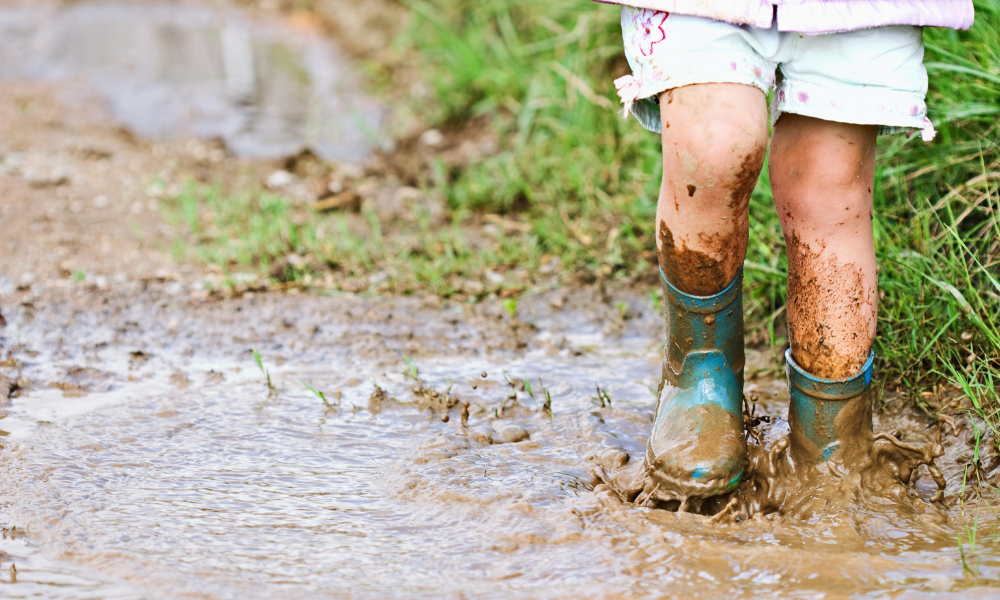
Restrictions permitting, it is essential that children are encouraged to go outside wherever and whenever possible. Take them out to the fields, to the beach, choose your own private spot, or go around the island and experience different natural surroundings. Being in touch with nature is an essential part of a child’s healthy state of mind. We have a primordial instinct to interact with the natural world, and without it we can become anxious.
Living in Malta, we are surrounded by the sea, so make use of it! Kayaks, paddleboats, sailing, dinghy hire, these are all activities that (fingers crossed) will be open to us in the coming months, and you can’t get much more socially distant than being out at sea.
Walking and trekking paths are also in abundance in Malta. If you don’t have a garden, get your kids in their wellies and take them somewhere with lots of soil and vegetation. Collect branches, catch snails, be hands-on with nature. There really is nothing like it to help with feelings of stress or anxiety. If you’re not sure of places to go, check out The Rambler’s Association, Din l-Art Ħelwa (The National Trust of Malta), or our Island Bébé activities section for some awesome recommendations and inspiration!
7. Let your child make small decisions about their day
Although severe anxiety or trauma in children specifically due to the pandemic is extremely rare, it’s worth keeping an eye out for unusual physical behaviours or anything out of character. These can include behavioural ticks, suddenly not wanting to go on car rides, loss of appetite, or specifically asking if there will be a lot of people at your destination.
If, as a result of quarantine or prolonged social distancing, you feel your child has lost their confidence a bit when it comes to social activities, you can help them by introducing things gradually. So, if you would usually take your child out for three hours, start with one hour. If you usually visit large groups of friends, start with only visiting one friend at a time. If you notice that they are feeling comfortable, then you can increase the numbers over time.
A great way to instil confidence in your child is to give them a bit more control over their environment. So, you can ask them what they want to have for lunch at day-care, or what snacks they want to bring with them when you go visit your friends. Let them choose what they will wear or what toys they will bring. It’s amazing how willing kids are to help themselves given the chance, and how much confidence they can get from steering their own lives a bit more.
8. Check your own anxiety
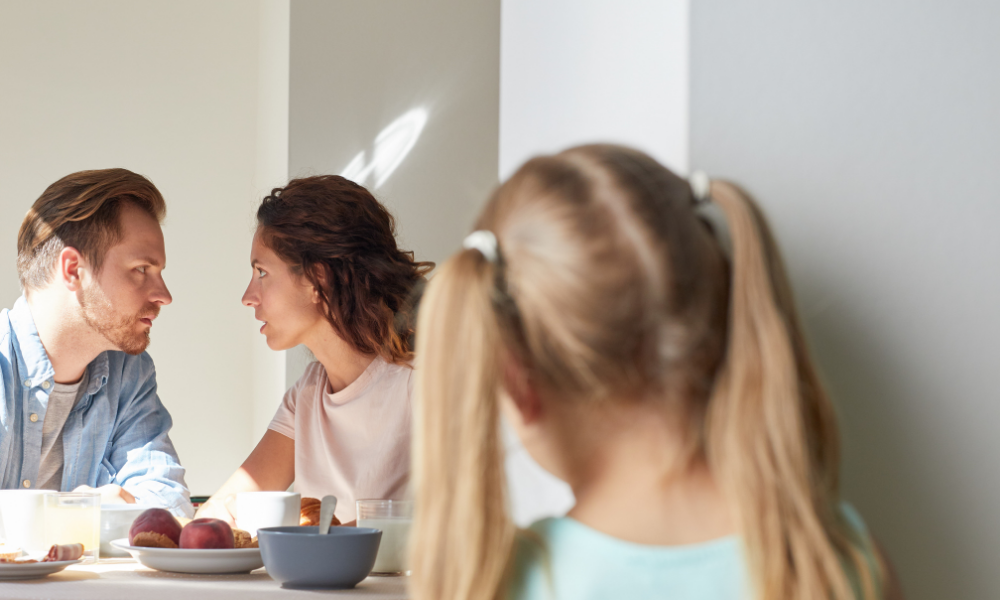
As already mentioned, children are extremely perceptive and will pick up on the most minor subtleties. If as a parent you say to your partner “Oh my god, I’m definitely not going to go out shopping, I’m going to get everything online, there’s no way I’m going to a supermarket when all this is going on.” The message the child gets from hearing that is, “Oh wow, it’s so dangerous right now, not even mummy and daddy want to go outside.”
Instead, try to normalise your intentions by explaining them calmly: “I’m going to start ordering online, just for a little while to be safe, then later we can go back to the supermarket together for a nice, big shop.”
Working from home can also be a source of anxiety for adults, especially if employers are not being flexible in order to make things easier for families. Remember, kids are generally used to the parent being fully present whenever they are at home. With the introduction of remote working, suddenly the parent is at home, but they are locked in a room for hours at a time. The children may not quite understand why this change has occurred and why they are suddenly being ignored. So, be flexible whenever you can and explain why things are a bit different from usual. Take regular breaks and use them to interact with your child so that there is not a sudden, drastic change to the dynamics of your ‘at home’ relationship.
If we can take anything positive from the restrictions in place, it’s that we are getting to spend more time together as a family. Make the most of it by using this time to make your child feel safe and loved. Prolonged Covid-related anxiety in children is rare, but even without it, it’s still important to give our kids the right support to ensure that any effects on their confidence will be temporary.
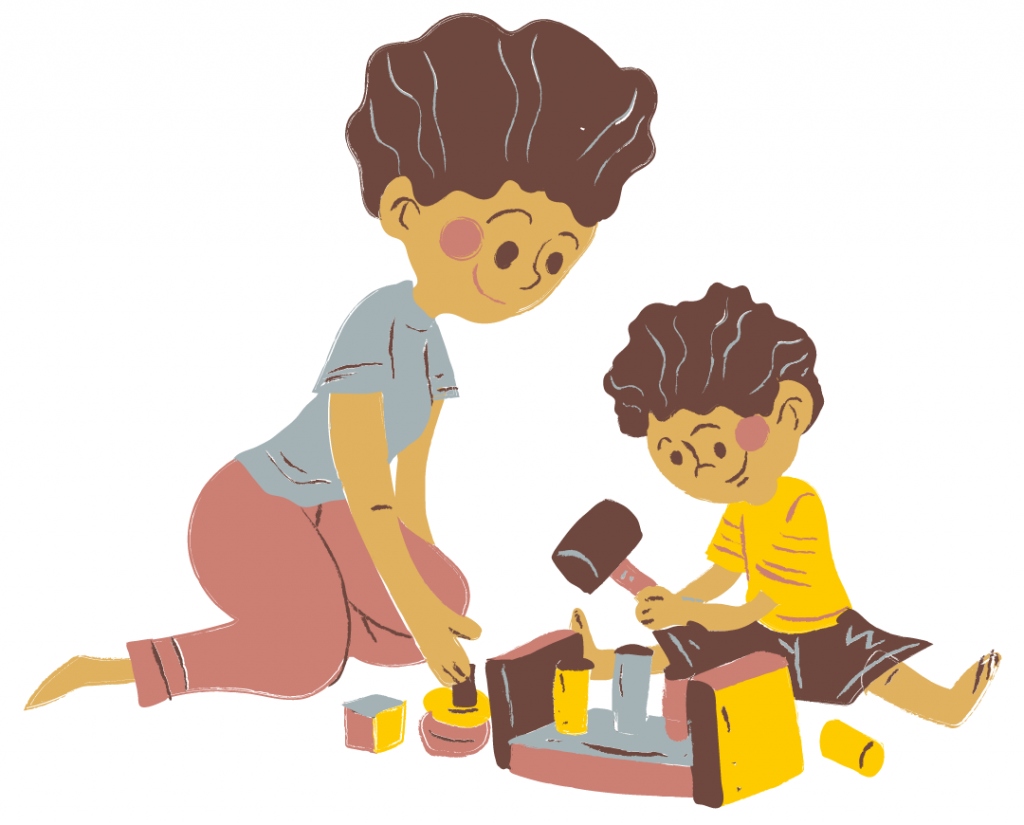
Before becoming a psychotherapist, Claire Francica worked as an educator in various local educational institutions over a span of 15 years. She then moved on to pursue her training as a Play Therapist in France and Hong Kong. In addition, she spent 6 years commuting between Malta and London to complete her Doctorate in Existential Counselling Psychology and Psychotherapy, her training in Existential Coaching and her training in Parental Alienation. She is now in private practice and has been doing psychotherapeutic interventions for the past twelve years with children, adolescents and, more recently, with adults. Claire is currently pursuing additional studies in Psychoanalysis and is a training candidate at the C.G. Jung Institute in Zurich.
Contact: [email protected]



